#InsideAPE: Lovette Ekwebelem and the Ponce de Leon Center
Category : #WeAreEmoryEPI
Lovette Ekwebelem is a second year Global Epidemiology MPH candidate. This summer, she has been working with Grady’s Ponce de Leon Center and Emory’s School of Medicine to examine if peer-facilitated individualized condom selection intervention can lower STI incidence among young MSM. Her interests include infectious disease, health disparities, community health, and global health equity. Read more about Lovette and her experience below!
Tell us about your APE project.
This summer, I have been working at Grady’s Ponce de Leon Center with Dr. Andres Camacho-Gonzalez and Emory’s School of Medicine. I am looking at if a peer-facilitated individualized condom selection intervention can lower the incidence of STIs among young MSM.
How did you find your APE project?
I’m a REAL student, so my job ultimately turned into my APE opportunity.
When did you start looking for an APE? When did you start working for your APE organization?
I started looking around January (which was when I was also looking for a job). I wanted to have a job that could possible help me with finding an APE.
Are you pursuing any certificates? If so, was it difficult to meet your APE requirements?
Yes, Social Determinants of Health certificate. It was not too difficult because the GLEPI requirements were kind of similar. With GLEPI, I had the choice between a global context or an underserved population, and I chose the latter which worked out because it satisfied the SDOH requirement.
What has the experience been like so far?
It has been an exciting experience. It has really opened my eyes to infectious disease research and ways to mitigate its spread. I have learned so much from the entire team, and I have learned even more from the participants.
How have you been spending your free time this summer?
Podcasts (NPR is my favorite!), DIY projects, hiking, biking, swimming, and listening to music.
What are 3 fun facts that you want people to know about you?
1. I’m a first-gen American
2. I’ve swam with sharks
3. I’m a huge Marvel fan
It was great to get to know you, Lovette! Tune in every Monday and see who we talk with next for #WeAreEmoryEPI.
Want to share your story with our Confounder community? Send an email to our communications team at confounder [at] emory [dot] edu to be featured!
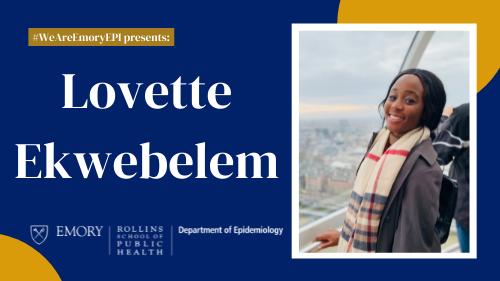
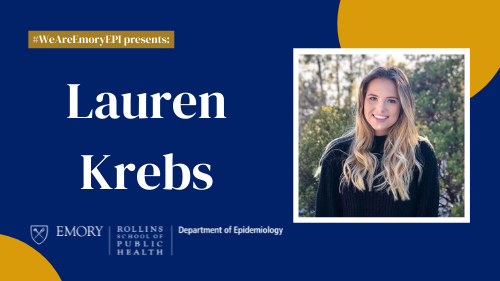
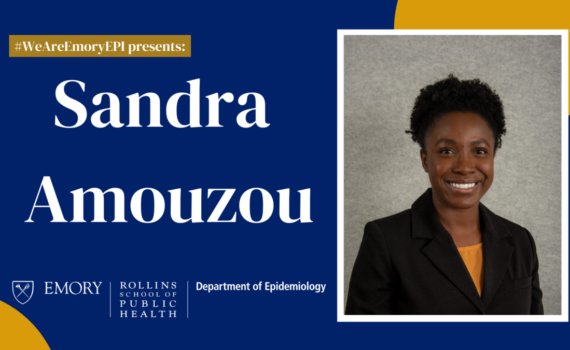
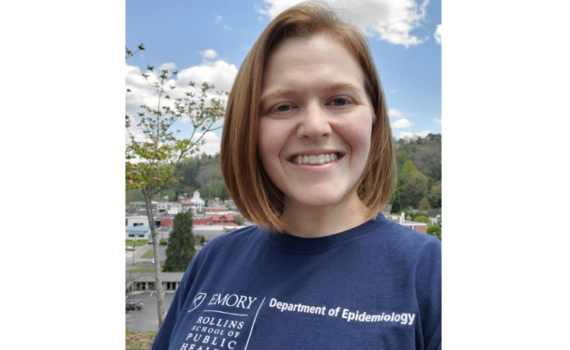
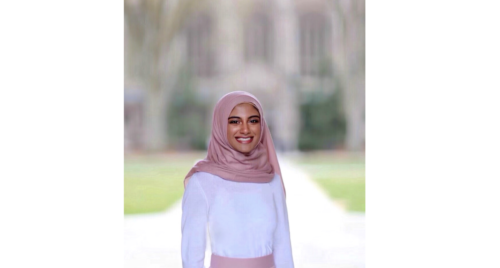
Recent Comments